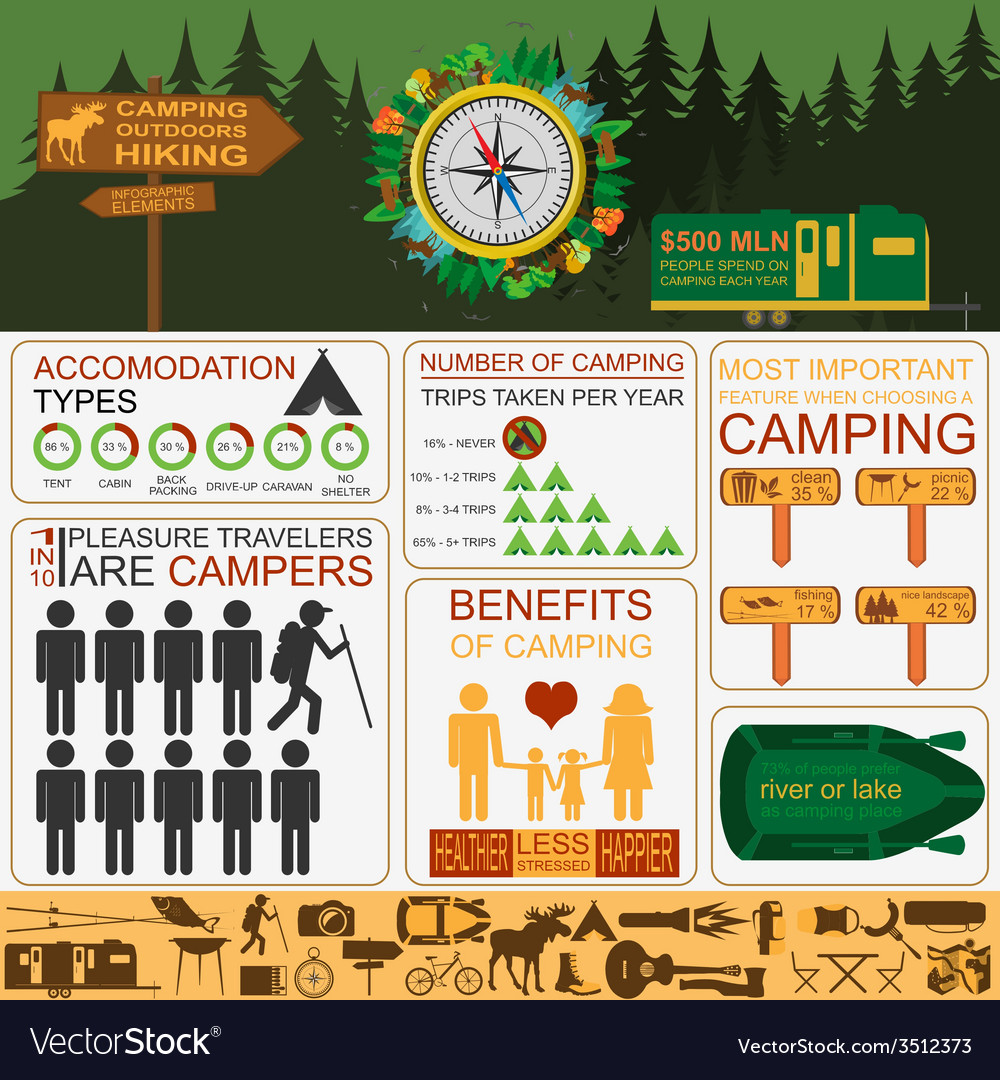The Fact About platform camping That No One Is Suggesting
The Fact About platform camping That No One Is Suggesting
Blog Article
Safety And Security Considerations for Family Members Camping Tents
Safe and fun outdoor camping trips are feasible for the entire household when every person adheres to standard safety and security standards. Educate youngsters to regard wild animals and all-natural things, constantly maintain a first-aid package with a lot of melt lotion accessible, and be planned for unanticipated scenarios by looking into the camping site, climate patterns, and geographical attributes.
How do you stay warm in a tent?
Pick the Right Camping Tent
Parents that camp understand that the appropriate camping tent can make or break an outdoor camping trip. The camping tent you choose have to be durable sufficient to hold up against the rough treatment that youngsters and dogs can provide. It should likewise be easy to establish, with features like color-coded posts and quick-clip systems.
You should additionally consider the dimension and capacity of the camping tent you want to get. Look for a flooring location and top elevation that can accommodate the variety of people in your household, plus added space to minimize crowding or claustrophobia.
When selecting a camping area, survey the area for threats, such as animal burrows, harmful plants and rough drop-offs. It's also a great concept to choose a website that supplies some form of safety and security features, such as boundary secure fencing and nightly camping area patrols.
Outdoor tents Setup
When establishing camp, locate a flat area that allows sufficient to conveniently fit your outdoor tents and any other components you're planning for, such as a fire pit. Remove any kind of debris like sticks or stones and keep an eye out for possible risks, such as sloping pitches that can trigger you to roll about during the night and rain swimming pools in concave locations.
If it's windy, position your camping tent so the side with the toughest pole structure deals with the wind to lower the chance of it blowing through and triggering injury or damages. When possible, choose a site that is likewise secured by all-natural barriers to reduce wind and rainfall threats. You might also want to put down a tarpaulin a little smaller sized than your tent floor to keep it dry.
Camping tent Storage space
Several tents are designed with vents and flaps that motivate air flow. Nevertheless, you must constantly maintain combustible items like clothing and sleeping bags away from these openings to prevent fire dangers. Air flow is additionally vital to reduce smoke and carbon monoxide buildup, which are major health and wellness dangers.
Never sleep directly on the ground and show kids to remain free from it. This stops tripping and dropping injuries, as well as insect bites.
Instruct children to always check for risks before entering their camping tents, such as loose rocks or tree limbs that could fall during a tornado. It's likewise an excellent concept to get to the camping site prior to nightfall to make establishing camp less complicated and more secure. This additionally offers you an opportunity to identify any type of prospective problems, like snakes or harmful plants.
Tent Weather
There are few things extra delightful than kicking back a campfire toasting s'mores under a star-filled skies. However before you pitch your tent, make sure your family has the ideal resting equipment and comprehends fancy camping how to properly make use of a campfire.
Outdoors tents can additionally be impacted by weather, such as rain and wind. Wind can transform the stress and anxiety on the outdoor tents, loosening ratchet assemblies and drawing survey of the ground. Rainfall can cause tents to leakage.
Try to find camping tents that offer excellent air flow and lessen condensation (wetness that naturally forms from your body's breath). Consider bringing a tarpaulin in case of rain. And always leave your outdoor tents if there are lightning strikes nearby.
Tent Safety and security
Camping tents that don't comply with fire and life safety and security demands are a fire danger. Moreover, saving flammable materials like timber, gas containers, and propane within the outdoor tents can trigger them to overheat or perhaps take off. To minimize these risks, they need to be kept outside the tent protected by a durable tarp.
Fire threats likewise occur from inappropriate usage and storage of cooktops. Stoves that aren't appropriately vented can release carbon monoxide gas, a dangerous harmful gas.
Tent tethers and stakes can produce trip hazards in sidewalks and courses. To decrease these risks, event organizers ought to consider making use of visible weights on tethers, mounting tether cleats, or using security cones around risk lines. Furthermore, they ought to see to it that departures are not obstructed by furnishings, outdoor tents walls, or various other structures.
How much wind can a tent take?
